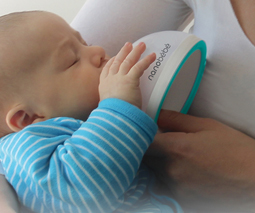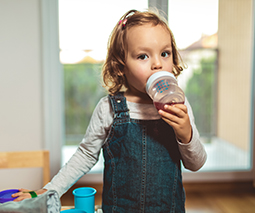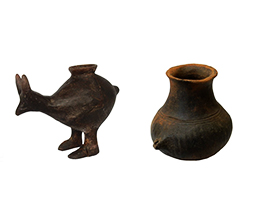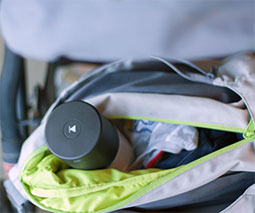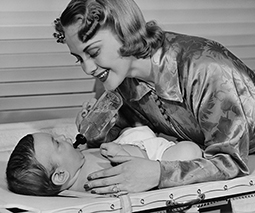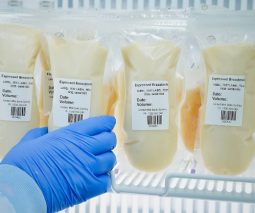Mums who bottle feed their babies need more support, says AMA chief
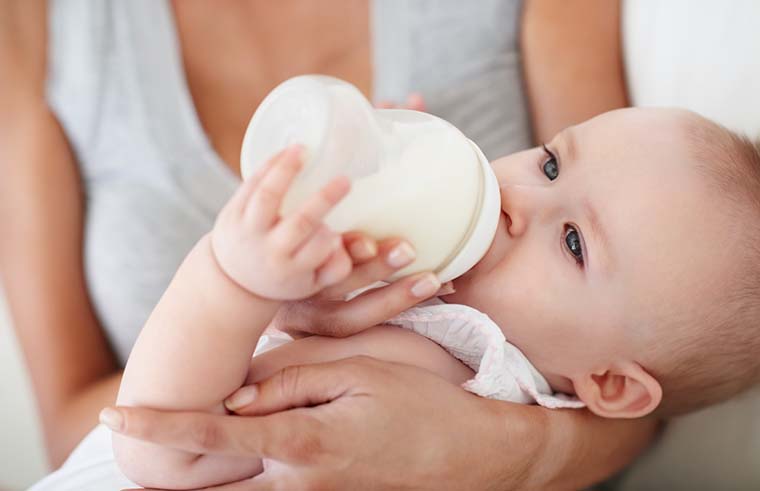
The Australian Medical Association (AMA) has called for better support for bottle feeding parents, and we couldn’t agree more.
Better care for bottle feeding mums
“There’s no doubt that breast is best, and in Australia, 96 percent of new mothers start out breastfeeding their baby,” AMA President, Dr Michael Gannon said
But mothers and other caregivers who cannot or choose not to breastfeed must have access to appropriate care and assistance to formula feed their child, Dr Gannon urged in the AMA statement.
It’s true that many women attempt breastfeeding their tiny babies, but for lots of different reasons, it doesn’t always work out. These mums are sometimes left feeling like they’ve failed or are ‘less-than’ – which of course is not the case.
Other women don’t want to breastfeed, choosing to feed their babies with formula instead. It’s every parent’s right to choose what’s best for their baby and the undercurrent of disapproval sometimes aimed at bottle feeding parents is unwelcome, unkind and unnecessary.
The AMA hopes to stamp out this policing of baby feeding choices and encourage education, understanding and acceptance instead.
Lack of support has been linked to PND
The need to provide support and encouragement to women who aren’t breastfeeding their babies is made even more pressing, when links between postnatal depression (PND) and feeding are considered.
“Discordance between the feeding intentions and actual feeding experience of a mother may increase the likelihood that she will experience PND, whilst women who are able to breastfeed in line with their intentions have a reduced risk of experiencing PND,” the AMA statement revealed.
“Many mothers do not persist with breastfeeding. Only 39 percent of infants are exclusively breastfed to four months, and just 15 percent to six months. This highlights the need for more support to allow mothers to extend the duration of their breastfeeding,” Dr Gannon explained.
Let’s aim for balance
While the organisation continues to promote breastfeeding as “the optimal choice”, it’s keen to destigmatise bottle feeding and ensure parents who formula feed are well supported too. They’re calling for a more inclusive balance.
“While breastfeeding is the optimal feeding choice, it may not be the best choice for all families, and there must be a balance between promoting breastfeeding and supporting mothers who cannot or choose not to breastfeed,” the AMA said.
Remove the stigma
Dr Gannon urged health professionals to work with non-breastfeeding parents to ensure they could approach formula-feeding positively – and not feel shamed, judged or lesser than.
“Mothers may feel a sense of guilt or failure, and it is important that their GPs and other medical practitioners reassure them about the efficacy and safety of formula feeding, and work to remove any stigma,” Dr Gannon explained.
“Parents seeking to bottle feed their infants need support and guidance about how much and how often to feed their infant, how to recognise when to feed their infant, and how to sterilise and prepare formula.”
The AMA noted that becoming a mother is an especially demanding transition. They suggested mums try to prioritise their own health as well, and said support from a GP or mother’s group was a vital part of this transition.
Which may be easier said than done, but it’s an excellent sentiment nonetheless.
 Need some support to be the best parent you can be? Our Parent School parent coaching experts can help. Click to find out more or book a one-on-one session.
Need some support to be the best parent you can be? Our Parent School parent coaching experts can help. Click to find out more or book a one-on-one session.

